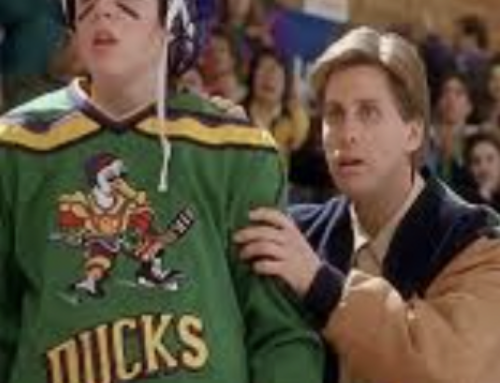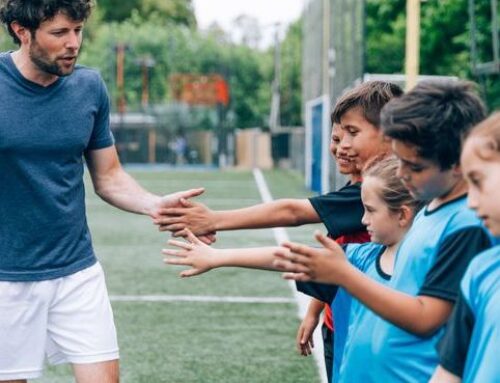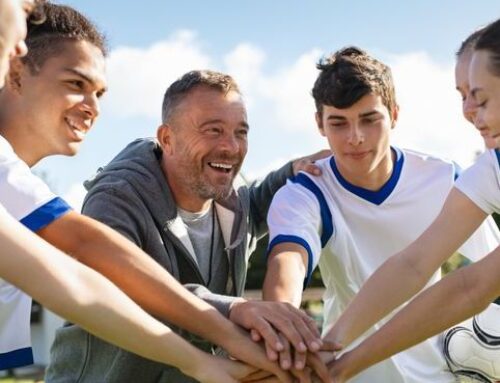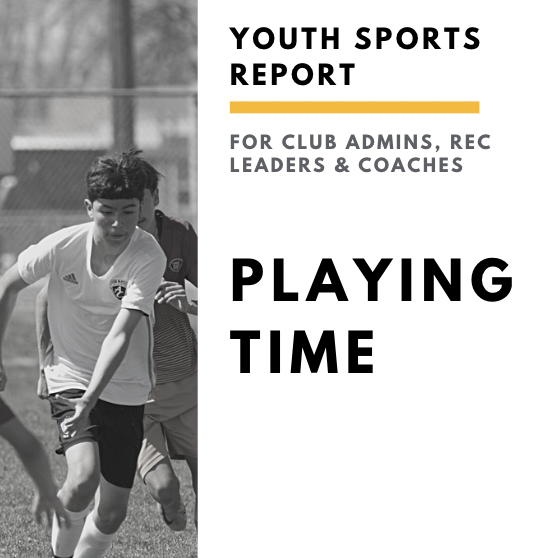Get our exclusive report. Download the iSport360 Club Switching Report Here – For Club Admins, Rec Leaders and Coaches.
How to Deal with Bad Sports Parents
Youth sports are meant to be a platform for kids to learn valuable life skills, build character, and develop a love for physical activity. And let’s not forget to have fun too. We do love passionate parents, just let’s remember why we are loving this However, disruptive parents on the sidelines can create a challenging environment for young athletes and coaches. What makes a “bad” youth sports parent? Let’s understand the potential impact on athletes, and discuss strategies for coaches, parents, and athletes themselves to navigate and mitigate such situations.
Identifying “Bad” Youth Sports Parents:
“Bad” youth sports parents can manifest in various ways, exhibiting behaviors that range from excessive aggression and negativity to overbearing expectations and unsportsmanlike conduct. Not every parent is bad and not every coach is great, the focus should be on the kids. If the focus is on the kids, we all need to rally around that.
These behaviors can have detrimental effects on the overall youth sports experience, impacting both the children and the broader sports community. Parents need to rally around the team and players. It doesn’t mean that things are perfect or always positive.
The Impact on Young Athletes:
Performance Pressure:
Overly demanding or critical parents can subject their children to intense performance pressure, hindering their ability to enjoy the sport and undermining the positive benefits of participation. The implication here is that it takes the fun out of the sport and puts unneeded stress on the athlete.
Burnout and Dropout Rates:
Excessive parental pressure and negative interactions can contribute to burnout and higher dropout rates among young athletes. The emotional toll may lead children to disengage from sports altogether.
Stress and Anxiety:
Children may experience heightened stress and anxiety when faced with the expectations and reactions of their parents. This can adversely affect their mental well-being and overall enjoyment of the sport.
Impact on Team Dynamics:
Negative parental behavior can spill over into the team dynamic, creating a divisive atmosphere among parents and detracting from the collective enjoyment of the sport.
Strategies for Coaches:
Set Expectations Early
Establish clear expectations for parental conduct from the outset. Communicate the importance of positive support and respect for all participants, emphasizing the impact it has on the athletes’ experience.
Regular Communication:
Maintain open and regular communication with parents. Provide updates on team progress, individual achievements, and upcoming events. Transparency can help alleviate concerns and foster a collaborative atmosphere.
Code of Conduct:
Implement a code of conduct for parents that outlines expected behavior during games and practices. Enforce consequences for violations to ensure a supportive and respectful environment.
Parent Education Workshops:
Offer workshops or informational sessions for parents to understand the developmental stages of youth athletes better, the importance of positive reinforcement, and the potential consequences of negative behavior.
Strategies for Parents:
Practice Self-Awareness:
Reflect on your behavior and be mindful of how your actions may impact your child and the team. Recognize the importance of fostering a positive and supportive environment.
Communicate Constructively:
If you have concerns or feedback, communicate with coaches constructively and respectfully. Approach discussions with the best interests of the team and individual athletes in mind.
Model Good Sportsmanship:
Demonstrate good sportsmanship by cheering for all players, respecting officials’ decisions, and acknowledging opponents’ efforts. Be a positive role model for your child and others.
Give Space to Coaches:
Trust the coaching staff to do their job. Avoid coaching from the sidelines or undermining the authority of the coaching staff. Allow them to guide and mentor the players without interference.
Strategies for Athletes:
Focus on Enjoyment:
Remind yourself why you joined the sport in the first place – for enjoyment, skill development, and camaraderie. Don’t let external pressures overshadow the joy of playing.
Communication with Parents:
If a parent’s behavior affects your experience, communicate your feelings to them calmly and respectfully. Express the impact their actions have on your enjoyment of the sport.
Seek Support:
Reach out to coaches, teammates, or school counselors if you’re struggling with the pressure created by a challenging parent. Seek guidance on how to cope and maintain a positive mindset.
Focus on Personal Growth:
Use sports as a tool for personal growth and development. Concentrate on improving your skills, learning from challenges, and building resilience – qualities that extend beyond the playing field.
The presence of “bad” youth sports parents can be challenging, but the negative impact can be mitigated with proactive measures from coaches, parents, and athletes. By fostering a culture of respect, positive communication, and shared goals, we can ensure that youth sports remain a constructive and enriching experience for all involved. Ultimately, the collective effort of the sports community plays a pivotal role in creating an environment where young athletes can thrive, both on and off the field.
iSport360 is the only app that does it all for youth sports. For more information on what we do, click here.
About the author:
Amy Masters is a sports mom, coach, and club administrator. She has been coaching youth sports for more than 10 years. She started Jr Lions Field Hockey, the youth recreation program for the Hunterdon County community growing it from 40 players in year 1 to 150 players by year 3. A few years later, she saw the love and competitiveness grow then started Omega Field Hockey Club serving NJ and PA players. Before coaching, she was a collegiate field hockey player for Lock Haven University. In her spare time (lol), she is head of marketing for iSport360, where she brings her love of sports to a bigger audience.
Learn more or request a demo of our youth sports software that is helping teams improve communication, organization and player development.
January 31, 2024





